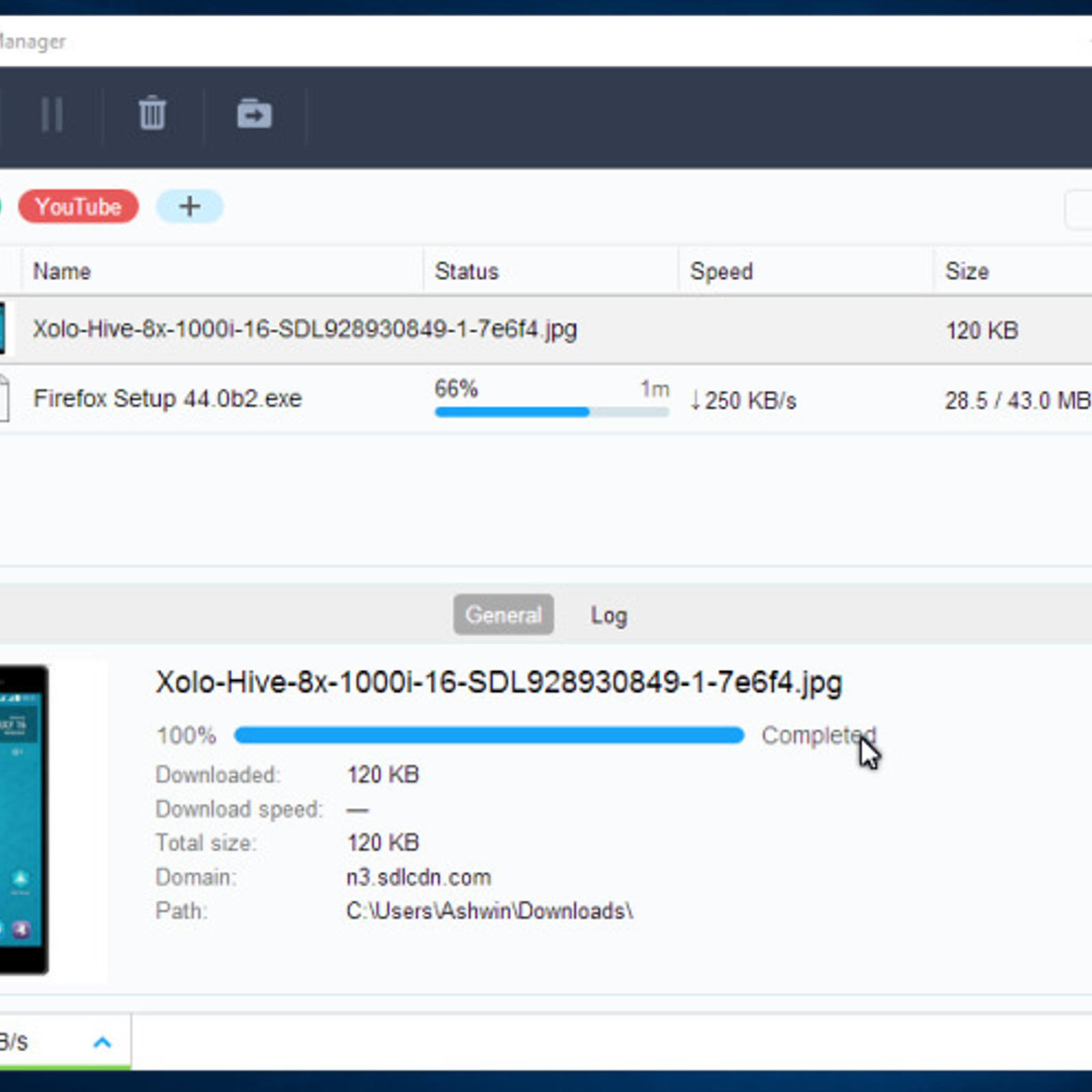Syncios Manager is an alternative iOS management application to iTunes.
'Amor Clandestino'byfrom the albumReleasedJune 6, 2011Format//Length4: 52/Fher Olvera &singles chronology'(2011)' Amor Clandestino'(2011)'(2011)' Amor Clandestino' (: 'Clandestine Love') is the second single from / band 's eighth studio album. The song is produced by &; the song reached number-one on the chart. The song also reached number-one on the Mexican Airplay Charts according to Billboard International. Music video The music video for the song, which was directed byThe video is divided into 3 acts which actors are the following, the guy called Paco Martinez Maldonado and the psychology called Estefania Arango.Chart performance.
A record producer or music producer oversees and manages the sound recording and production of a band or performer's music, which may range from recording one song to recording a lengthy. A producer has varying roles during the recording process, they may gather musical ideas for the project, collaborate with the artists to select cover tunes or original songs by the artist/group, work with artists and help them to improve their songs, lyrics or arrangements.
A producer may also: Select session musicians to play rhythm section accompaniment parts or solos Co-write Propose changes to the song arrangements Coach the singers and musicians in the studioThe producer supervises the entire process from preproduction, through to the sound recording and mixing stages, and, in some cases, all the way to the audio stage; the producer may perform these roles themselves, or help select the engineer, provide suggestions to the engineer. The producer may pay session musicians and engineers and ensure that the entire project is completed within the record label's budget.A record producer or music producer has a broad role in overseeing and managing the recording and production of a band or performer's music. A producer has many roles that may include, but are not limited to, gathering ideas for the project, composing the music for the project, selecting songs or session musicians, proposing changes to the song arrangements, coaching the artist and musicians in the studio, controlling the recording sessions, supervising the entire process through audio mixing and, in some cases, to the audio mastering stage.
Producers often take on a wider entrepreneurial role, with responsibility for the budget, schedules and negotiations. Writer Chris Deville explains it, 'Sometimes a producer functions like a creative consultant — someone who helps a band achieve a certain aesthetic, or who comes up with the perfect part to complement the vocal melody, or who insists that a chorus should be a bridge. Other times a producer will build a complete piece of music from the ground up and present the finished product to a vocalist, like supplying Future with beats or letting add lyrics and melody to an otherwise-finished “Out Of The Woods.”The artist of an album may not be a record producer or music producer for his/her album.While both contribute creatively, the official credit of 'record producer' may depend on the record contract., for example, did not receive record producer credits until many albums into her career. In the 2010s, the producer role is sometimes divided among up to three different individuals: executive producer, vocal producer and music producer.
An executive producer oversees project finances, a vocal producers oversees the vocal production, a music producer oversees the creative process of recording and mixings; the music producer is often a competent, musician or who can bring fresh ideas to a project. As well as making any songwriting and arrangement adjustments, the producer selects and/or collaborates with the mixing engineer, who takes the raw recorded tracks and edits and modifies them with hardware and software tools to create a or surround sound 'mix' of all the individual voices sounds and instruments, in turn given further adjustment by a mastering engineer for the various distribution media.The producer oversees the recording engineer who concentrates on the technical aspects of recording. Noted producer described his role as 'the person who creatively guides or directs the process of making a record', like a director would a movie. Indeed, in music, the designation is music director; the music producer's job is to create and a piece of music. The scope of responsibility may be one or two songs or an artist's entire album – in which case the producer will develop an overall vision for the album and how the various songs may interrelate. At the beginning of record industry, the producer role was technically limited to record, in one shot, artists performing live; the immediate predecessors to record producers were the artists and repertoire executives of the late 1920s and 1930s who oversaw the 'pop' product and led session orchestras.
That was the case of at, at and at.By the end of the 1930s, the first professional recording studios not owned by the major companies were established separating the roles of A&R man and producer, although it wouldn't be until the late 1940s when the term 'producer' became used in the industry. The role of producers changed progressively over the 1960s due to technology; the development of multitrack recording caused a major change in the recording process. Before, all the elements of a song had to be performed simultaneously. All of these singers and musicians had to be assembled in a large studio where the performance was recorded. With multitrack recording, the 'bed tracks' (rhythm section accompaniment parts such as the and rhythm could be recorded first, the and solos could be added using as many 'takes' as necessary, it was no longer necessary to get all the players in the studio at the same time.

Rapget
A pop band could record their backing tracks one week, a horn section could be brought in a week to add horn shots and punches, a string section could be brought in a week after that.Multitrack recording had another pro.